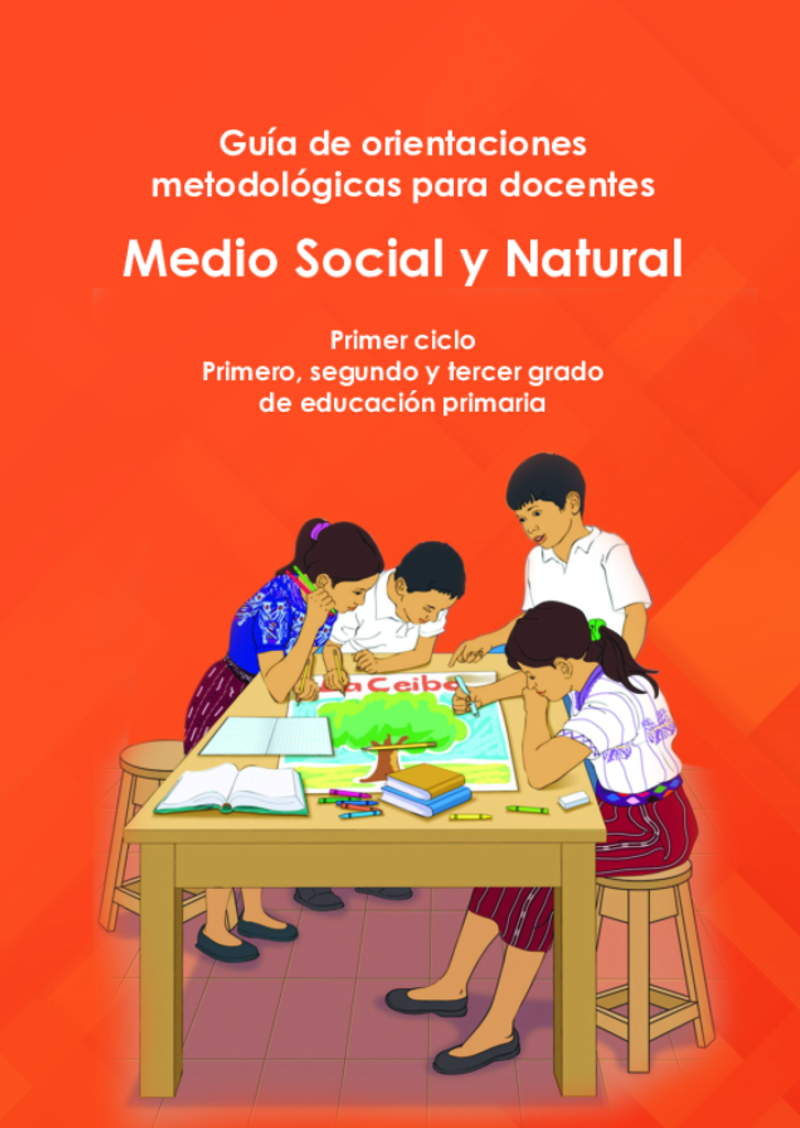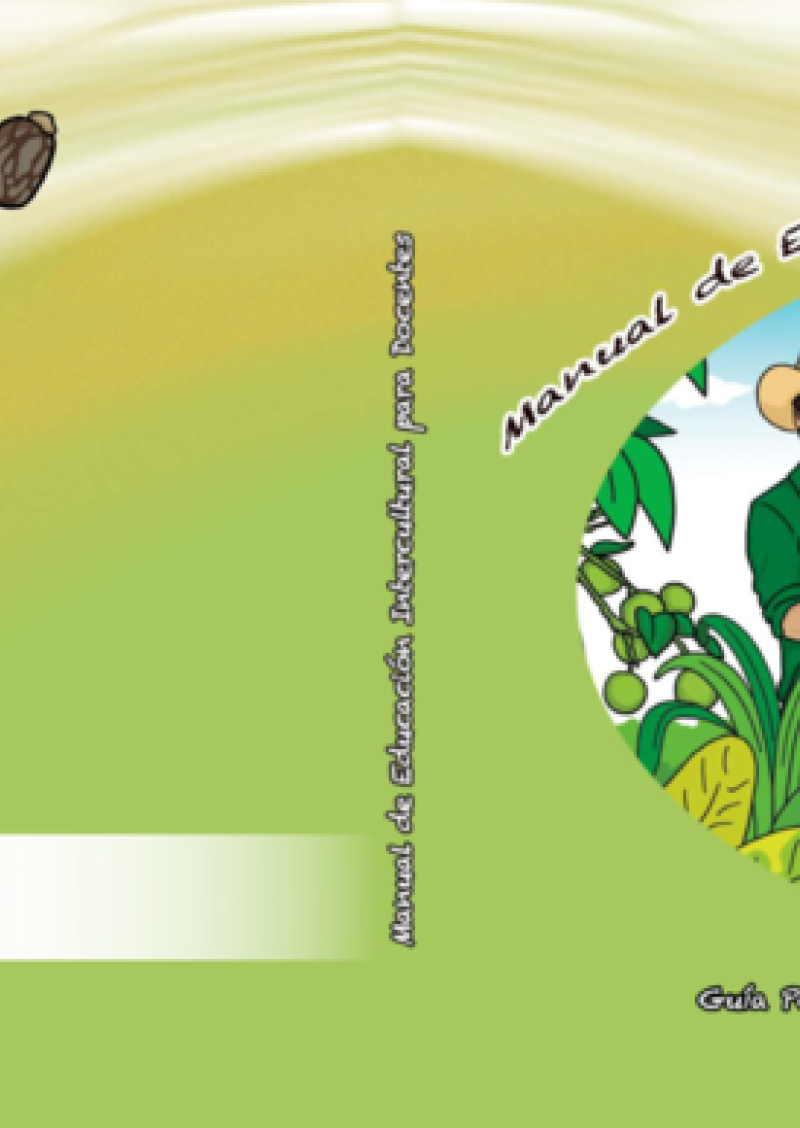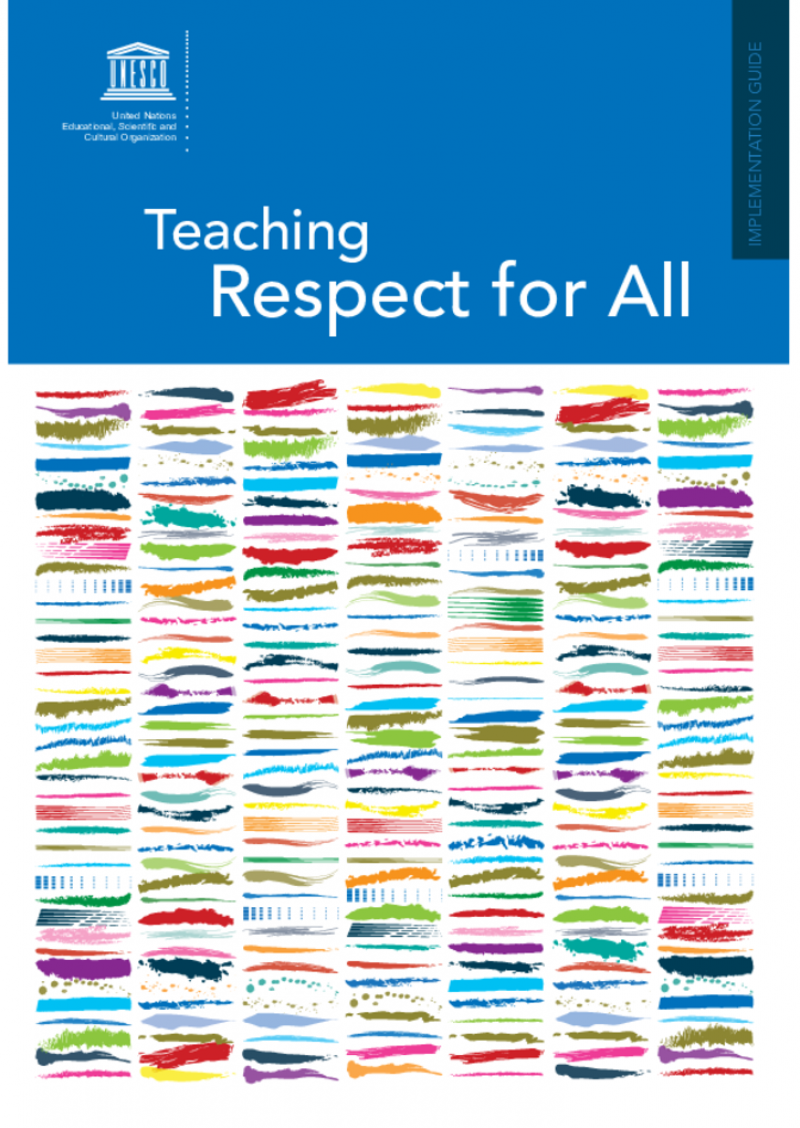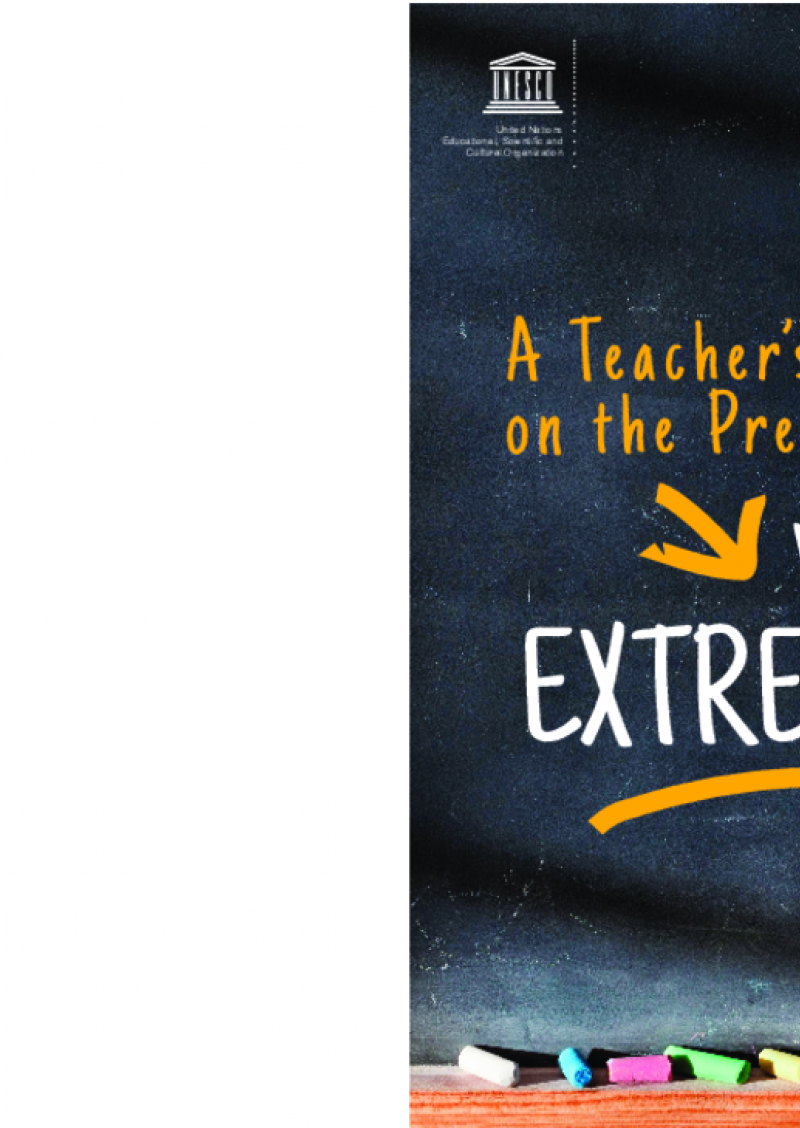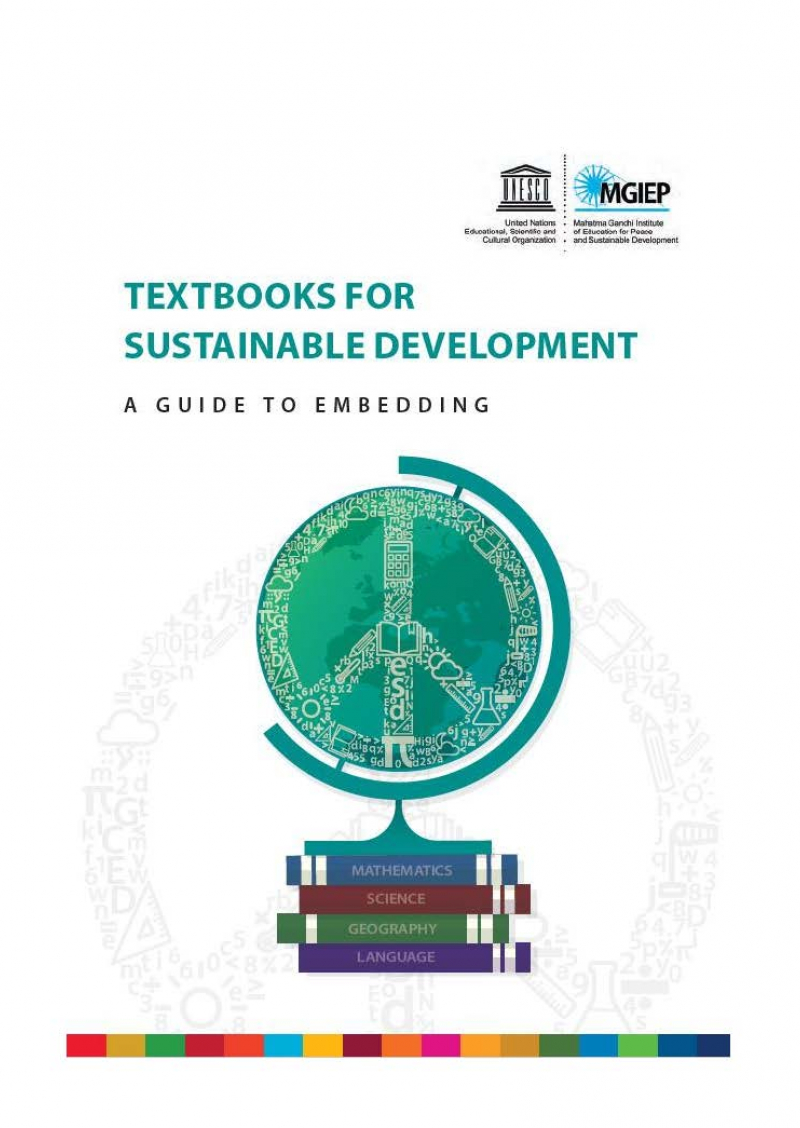Teacher Resource Centre
Displaying 1 - 9 of 9
Guía de orientaciones metodológicas para docentes - Medio Social y Natural
El departamento de educación intercultural del Minsiterio de Educación de Guatemala publicó este paquete de recursos para que docentes trabajen con alumnos de primaria en contextos comunitarios indígenas (culturas xinka, maya, garífuna y ladino), abordando los ámbitos sociales y naturales. Proporciona herramientas didácticas e instrucciones para un desempeño efectivo en clase, con ejemplos de actividades. Estas herramientas buscan facilitar la enseñanza respetando la diversidad cultural del país.
Manual de Educación Intercultural para Docentes
Este Manual a destinación de los docentes propone actividades y talleres con enfoque en la interculturalidad para realizar en el aula. Se divide en cuatro apartados: identidad colectiva e individual; el conocimiento de la historia y de las distintas manifestaciones culturales para fomentar la paz en el país; estereotipos y prejuicios para combatir las discriminaciones y el racismo; e interculturalidad para valorizar la diversidad y la convivencia.
Comment enseigner à des enfants handicapés dans les écoles ordinaires
Ce kit de ressource a été développé dans le cadre du programme Apprendre mis en œuvre par l’Agence française de développement et l’Agence Universitaire de la Francophonie. Ce document est conçu pour être utilisé dans des contextes éducatifs en Afrique de l’Ouest. Il fournit à l’enseignant des outils afin de comprendre les besoins des enfants en situation de handicap ainsi que des ressources pédagogiques sur lesquelles l’enseignant pourra s’appuyer pour répondre au mieux aux besoins de tous et toutes.
Teaching respect for all: implementation guide
This Teaching Respect for All Implementation Guide comprises a set of policy guidelines, questions for self-reflection, ideas and examples of learning activities to integrate Teaching Respect for All into all aspects of upper primary and lower secondary education, in an effort to counteract discrimination in and through education. It mainly targets policy makers, administrators/headteachers and formal and informal educators.
Part 2 targets headteachers and education NGO managers, suggesting key areas of intervention with a list of possible actions/activities and Part 3 targets teachers and describes methods of dealing with difficult topics such as racism and discrimination with learners as well as provides suggestions for possible entry points and topics to link the issues of respect for all with particular teaching subjects.
Transformative pedagogy for peace-building
This guide is designed to build the capacity of teachers so that they are informed and empowered in why and how to educate for peace-building. It offers an analysis of conflict, examines the role of ethics, expands on the elements of transformative pedagogy and provides practical tools to assess learners’ understanding of peacebuilding concepts and skills. It concludes with 20 engaging activities to support experiential learning.
The guide was developed as part of the "Teacher Training and Development for Peace-building in the Horn of Africa and Surrounding Countries project", which has as a long-term goal to develop a critical mass of teachers able to implement effective teaching and learning essential for preparing peace-loving and productive youth in Eritrea, Ethiopia, Kenya, Somalia, South Sudan and Uganda.
A teacher's guide on the prevention of violent extremism
This is UNESCO’s first teacher’s guide on the prevention of violent extremism through education. It was developed in order to ensure its relevance in different geographical and socio-cultural contexts. Therefore, it can be used as it is or further contextualized, adapted and translated in order to respond to the specific needs of learners.
The guide seeks to:
- provides practical advice on when and how to discuss the issue of
violent extremism and radicalization with learners;
- help teachers create a classroom climate that is inclusive and conducive
to respectful dialogue, open discussion and critical thinking.
Mobile mentoring for primary school teachers in crisis contexts
The following curriculum provides the content for a new mobile mentoring initiative developed to accompany the Teachers in Crisis Contexts Working Group ‘Training for primary school teachers in crisis contexts’ (https://trc-dev.gn.apc.org/professional-development-materials-and-opportunities/training-primary-school-teachers-crisis). The material is intended to provide additional layers of instructional and emotional support via mobile technology to inexperienced and under trained teachers in the most difficult of teaching contexts.
It has been designed to support both the Initial Training Pack and the Extended Training Pack and builds on the competency areas covered in both sets of trainings; ‘Teacher Role and Well Being’, ‘Child Protection, Well-being and Inclusion’, ‘Pedagogy’, ‘Curriculum and Planning’. The content provides teaching tips, motivational messages, reflection and discussion questions, plus images and video suggestions.
Training for primary school teachers in crisis contexts
The training pack responds to a critical gap in open source, competency based teacher training materials that provide coverage of foundational knowledge and skills required by teachers in crisis contexts, where teacher training is often limited to ad hoc workshops. The pack provides the basis for an in-service training program which can be used in its entirety to prepare unqualified teachers, but is also flexible enough for adaptation and use of selected modules or sessions according to the contextual needs of teachers. The pack provides foundational teacher training content on Teacher’s Role & Well-being; Child Protection, Well-being & Inclusion; Pedagogy; Curriculum & Planning; and Subject Knowledge.
Textbooks for sustainable development: a guide to embedding
This guidebook aims to support textbook authors and publishing houses to produce a new generation of textbooks that integrate education for sustainable development. By doing so, it aspires to make learning relevant and effective. It also contributes to the implementation of the 2030 Agenda for Sustainable Development. Textbook authors and educators are encouraged to use this guidebook as a source of ideas, tools and methods that can help to enrich content and pedagogy and complement their own individual and institutional strategies. The guidebook offers concrete guidance for textbook authors on how to reorient the existing curriculum content towards peace, sustainable development and global citizenship.
